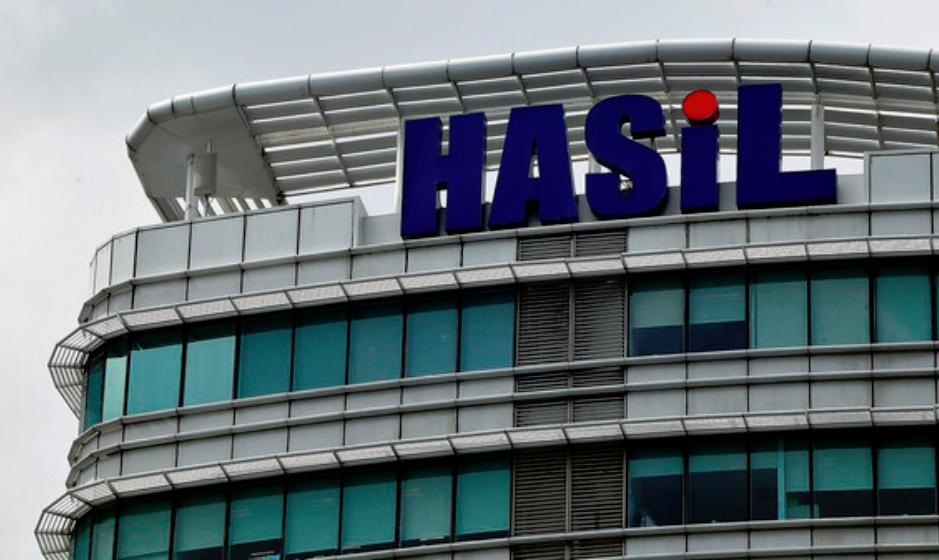WHILE Malaysia has updated its transfer pricing rules with the issuance of the Income Tax (Transfer Pricing) Rules 2023, many taxpayers are still not aware of the importance of getting intercompany transfer prices right.
The general preconception amongst taxpayers is that as long as both related companies are profitable and chargeable to income tax, their transfer prices will not be scrutinised by the Inland Revenue Board (IRB) since an increased adjustment in one company will only lead to a reduced adjustment in the other company, therefore netting off the overall tax payable. This is definitely not the case. If taxpayers do not comply with the Malaysian transfer pricing requirements, they will be exposed to various penalty provisions under the Income Tax Act 1967 (ITA).
Surcharge imposed on incorrect transfer prices
From Jan 1, 2021, if there are any transfer pricing adjustments made by the IRB, the IRB has the right to impose a surcharge under Section 140A(3C) of the ITA not more than 5% on the increase of income or reduction of losses.
Last week, the IRB clarified under the answers given under the Frequently Asked Question (FAQ) that surcharge will be imposed even if the transfer pricing adjustment does not give rise to any additional tax payable. This will be applicable for adjustments made to companies who are loss making or in a tax-exempt position.
The second matter addressed is when the surcharge will be applicable. The IRB stated that the effective date of Jan 1, 2021 will be based on when the tax audits are conducted, and not the taxpayer’s financial year. If the tax audit is initiated by the IRB from Jan 1, 2021 onwards, the IRB has the right to impose a surcharge for any transfer pricing adjustments made even if the financial years under audit were before Jan 1, 2021.
The good news from the FAQ is that in the event a transfer pricing adjustment has resulted in additional income to the company, the IRB has confirmed that only surcharge will be imposed on the taxpayer. The taxpayer will not be subject to a penalty for submitting an incorrect return even if there are additional taxes to be paid as a result of the transfer pricing adjustment.
Since the surcharge is not a tax, and it will not give rise to any additional tax assessments, taxpayers are also unable to appeal the surcharge through the legal process, such as the Special Commissioners of Income Tax. They are only able to appeal to the Director General of Inland Revenue (DGIR) to reduce or remove the surcharge, which will be considered on a case-by-case basis based on reasonable justification. Although the legislation is drafted in a way that the appeal can only be made to the DGIR, it may be possible for taxpayers to challenge this provision under the constitution and appeal to the judiciary.
Penalties on failure to furnish transfer pricing documentation
If a taxpayer has failed to furnish contemporaneous transfer pricing documentation for any year of assessment within 14 days from the date of request, they will be subject to a penalty from RM20,000 to RM100,000. However, if they are
persecuted in court, the taxpayer could also be exposed to a potential prison term of up to six months.
“Contemporaneous” here has been defined under the Income Tax (Transfer Pricing) Rules 2023 as being prepared before the due date the company is required to submit its income tax returns. Including the date of completion in the transfer pricing documentation is also a mandatory requirement.
It is high time all taxpayers scrutinise their related company transactions to ensure their transfer prices meet the arm’s length test and the transfer pricing documentation is in place before the due date to avoid costly penalties and fine.
This article is contributed by Thannees Tax Consulting Services Sdn Bhd managing director SM Thanneermalai (www.thannees.com).









